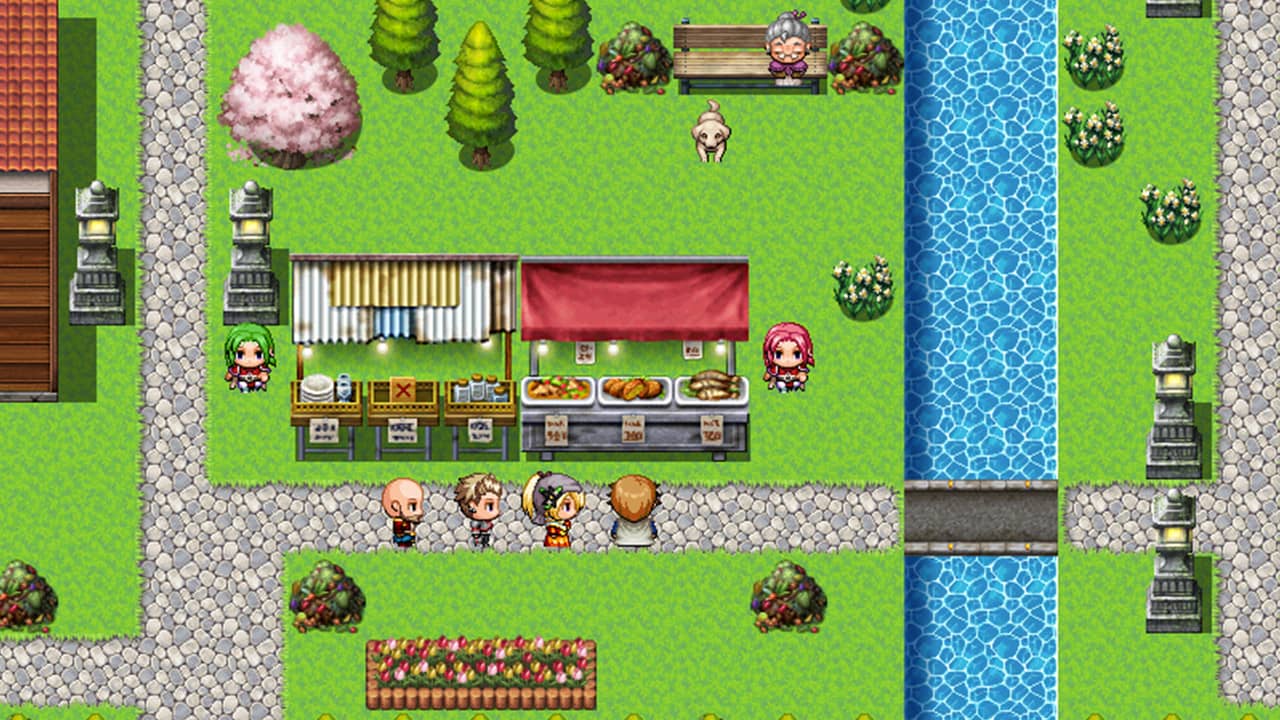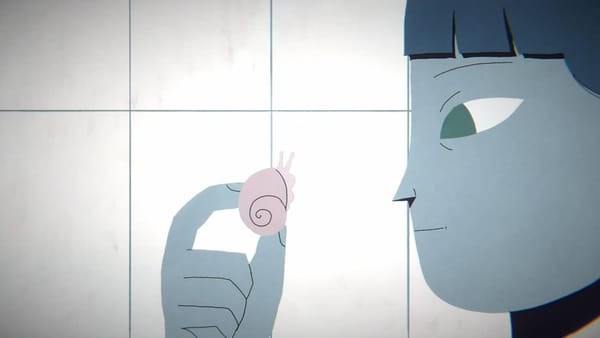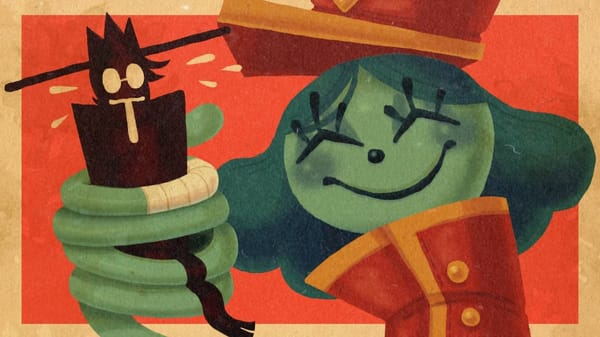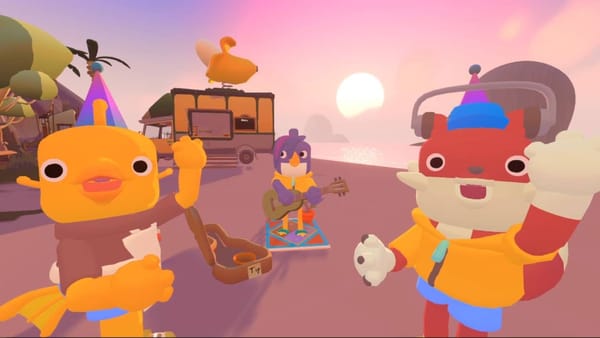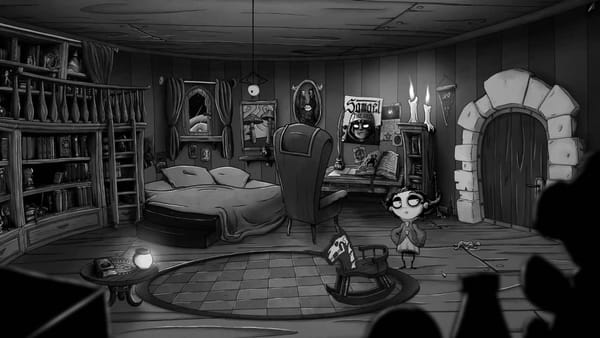If you’re a fan of Japanese culture and taken it one step further by studying the language, Japanese Romaji Adventure on Steam might be a good supplement for your learning, or perhaps a refresher if you’re a bit rusty like me.
My Japanese studies began around 2001 when I’d bought a study book for busy people. In a matter of days, I’d learned hiragana and katakana. A few more days later, I forgot most of it. Podcast after podcast, software after software, I wasn’t getting it.
Fast-forward a few years later, and I was living in Japan and using the language every day. Katakana was a bit awkward, but now I had a taste for kanji, and having passed some proficiency tests, something was sticking. But, despite my girls speaking Japanese Romaji Adventure at home, I’ve lost sight of the ball and was hoping for a refresher with Japanese Romaji Adventure.
I suppose I should have paid attention to the title, as romaji is a little counterintuitive for me now. In a nutshell, romaji is Japanese using the alphabet. You already know… 26… of them, so it’s a good way of learning vocabulary, sentence structure, and perhaps pronunciation initially, but beware of learning bad habits. Nothing beats learning a language when using it every day, but we don’t all have that luxury – or time.

Using games as a way to learn while having fun is a must. Have a look at BodyQuest or Educational Games For Kids if you’re a parent or interested in similar titles.
I’ve just realised that this will be paragraph after paragraph of my experiences instead of the game, so let’s say it’s like Karakuri-Kun in that the game is set in feudal Japan when the ports have opened to foreigners – the 1800s. There are already some nations there conducting trading like the Dutch and Portuguese, but you’re going to meet up with a Brit who’ll teach you some etiquette, basic sentence formations and the like.
I already knew what ‘hai‘ meant and seeing Japanese words in romaji was as confusing when reading something like hamburger in katakana. In short, it’s the long vowel sounds that confuse me (there’s a good teaching of ‘tsu‘ here early on). But this was just the opener of the game, and you have to start somewhere.
Objectively speaking, Japanese Romaji Adventure is pretty thorough and an excellent companion piece to learning Japanese along the levels of JLPT5 – currently the entry-level proficiency test. While it isn’t structured like a textbook nor claims to be, it builds up your knowledge at a good pace, implementing what you’ve learned through quizzes and some unique RPG-like battles.

Not only is it educational in terms of language, but history too. It’s impossible to cater to all levels and interests. One of the very many appeals to Japan for foreigners includes anything from history to the food, language to gaming. Out of the four, the game covers three of those subjects.
I’m going out on a limb here without knowing anything about JBO Media or the publishers, Angel Star Studios, but whoever is behind the concept and content – as in the educational side rather than the game, clearly is passionate about the themes, and it shows. I would say that enthusiasm is infectious and reminds me of the days I was so fascinated with the culture until I lived there, and then it all felt so… normal. I use that word with affection.
Japanese Romaji Adventure doesn’t boast any promo material that claims to be the best thing for learning Japanese. Some could argue that there’s no pronunciation in the game to learn how to speak or improve your listening skills. First, there are plenty of other free sources that are better for that (Japanese people, for one, alternatively watch shows on YouTube). Secondly, besides the listening tests, the JLPT (Japanese Language Proficiency Test) doesn’t require that you speak Japanese, but you do need to read kana and some kanji.

The Japanese have an equivalent called the TOEIC for learning English. An employer of mine had very high scores but couldn’t hold a conversation. Likewise, some of my friends struggled with English grammar (same here!), but were brilliant when speaking. So, weigh up what it is you’re seeking.
Fundamentally, it’s a learning device that is a good companion/refresher for studying Japanese – the gaming element is more of a bonus to make it enjoyable. As a standalone game, it’s nothing special, but when balanced with the facts and interactive questions, it builds a better picture.
This Japanese Romaji Adventure has completely derailed as a game review and more like a traditional blog post of opinion than breaking down a game. What I will say is this is one of the better Japanese language games I’ve come across. It’s also not going to cost you the price of Rosetta Stone or equivalent either. あばよ。


